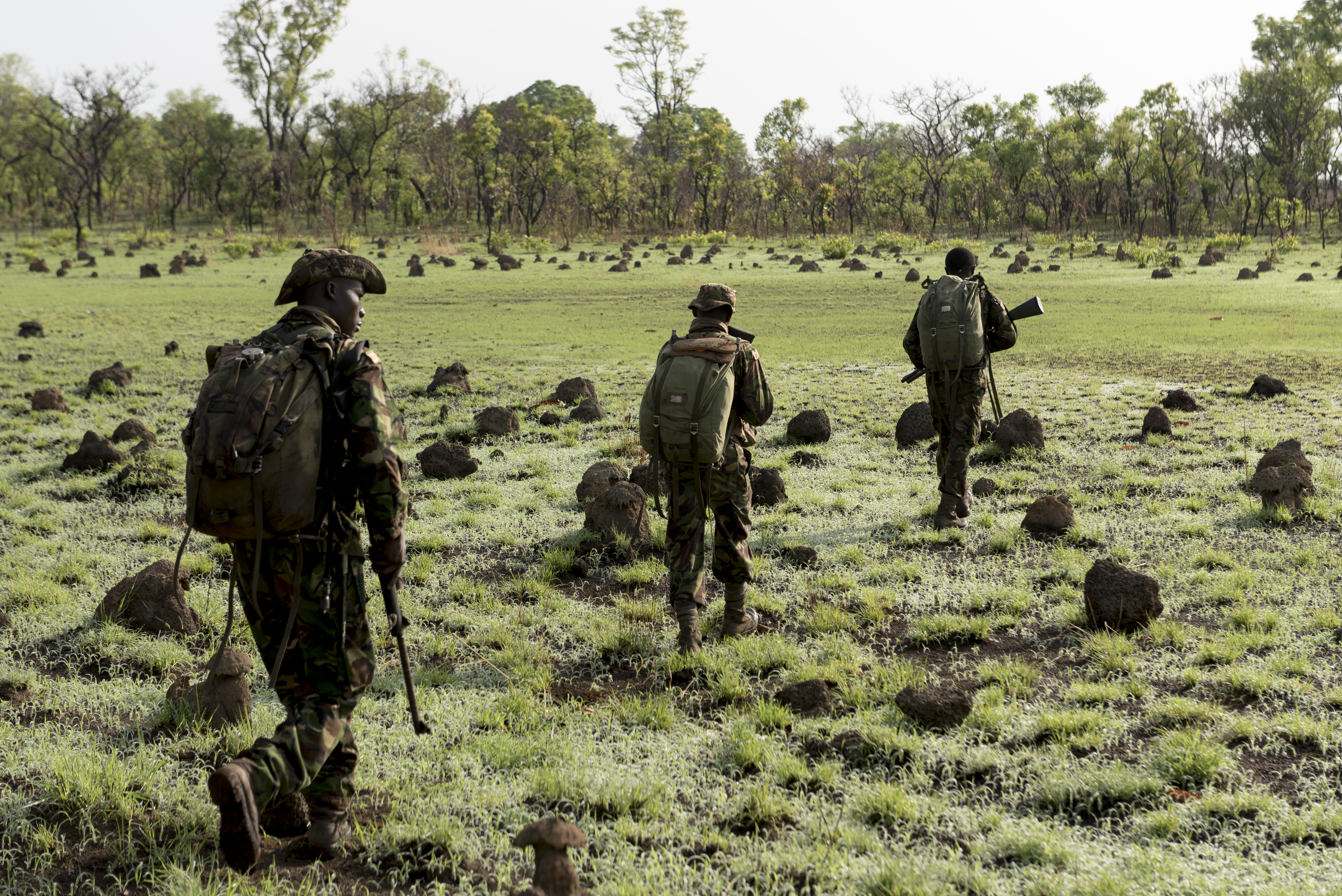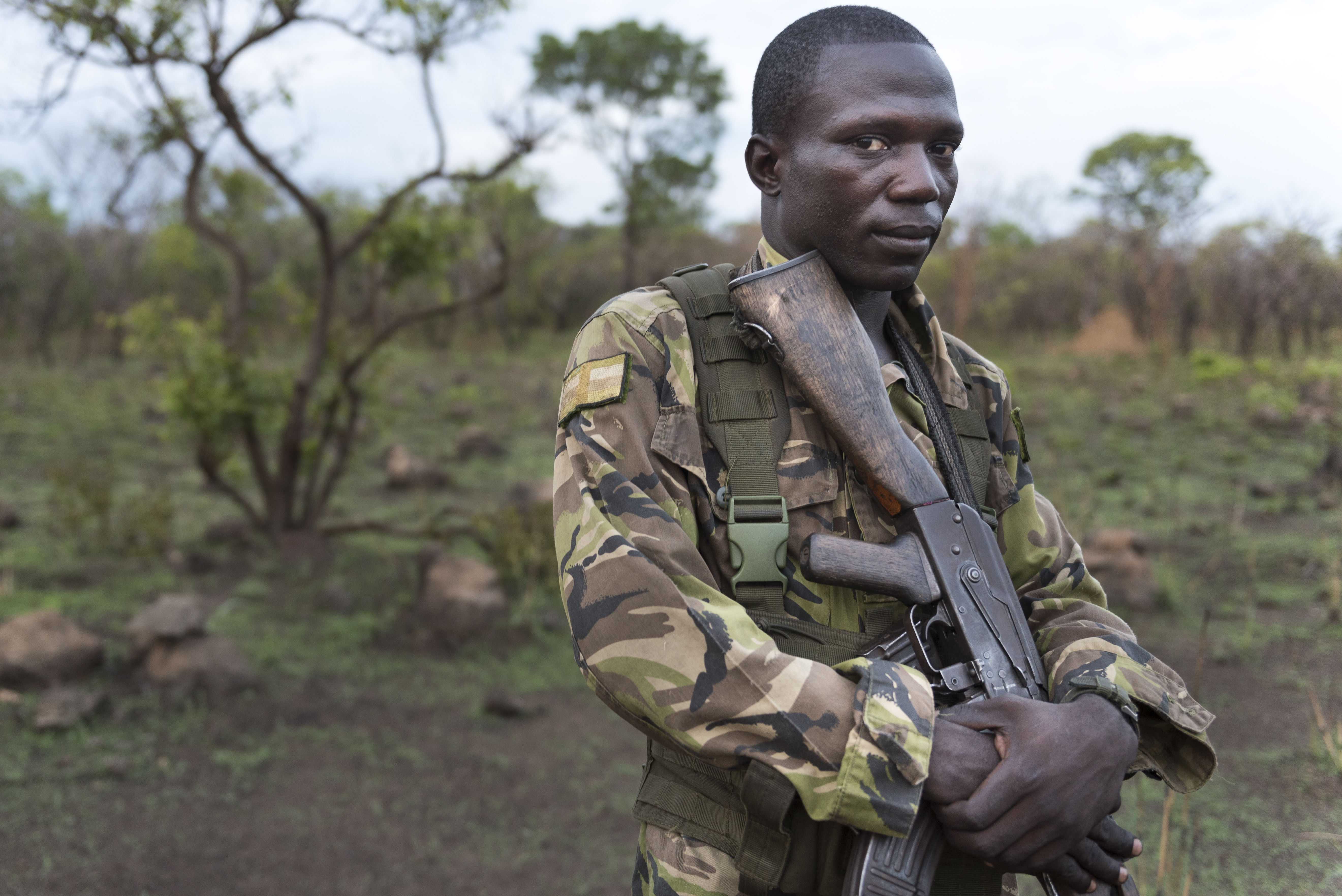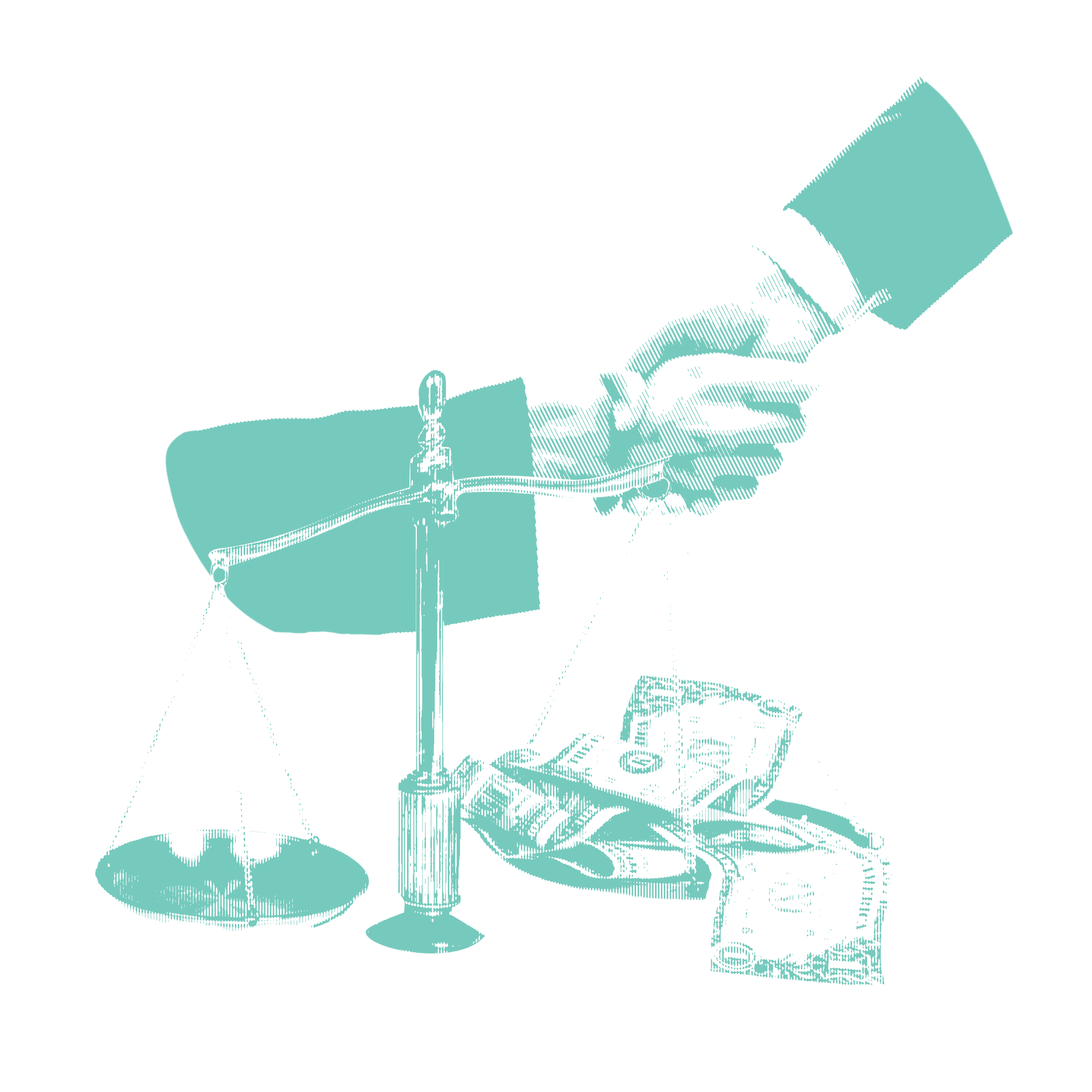Project July 12, 2016
Central African Republic: Conflict and Promise
Country:

The Central African Republic is situated at the crossroads of some of sub-Saharan Africa's most intractable conflicts: the militarization of poaching cartels, the global trade in blackmarket diamonds, the ongoing bush wars in the D.R.C., the hunt for the Lord's Resistance Army, and the southward march of militant Islam led by Boko Haram and Al Qaeda in the Islamic Maghreb, just to name a few. Though 20 times smaller than the D.R.C. in terms of population, C.A.R.'s political and humanitarian crises are no less urgent. In 2015, the number of people dependent on food aid rose to approximately 50 percent of the population. Critical supply lines for commodities and medicine have been cut by three years of civil war. Somewhere between a tenth and a quarter of the population has been displaced by political violence.
All of this has happened under the eyes of an international peacekeeping force led by the United Nations and the European Union, which has not been able to guarantee safety for civilians. In February 2016, the country will hold presidential elections for the first time since the last democratically elected president—François Bozizé—was ousted in a 2012 coup. There is hope that the elections will bring stability and set C.A.R. on the path to recovery, but that hope is small—both leading candidates have ties to Bozizé's regime, which has been accused of war crimes by the opposition.
The Central African Republic is just beginning to emerge from a civil war that started in 2012 and quickly culminated in the ouster of then-President François Bozizé by predominately Muslim rebels from the north, known as the Séléka, before devolving into tit-for-tat massacres pitting Christians against Muslims. Although the country recently held its first presidential elections since the coup, in February 2016, and inaugurated a new president in April, fifty-nine-year-old Faustin-Archange Touadéra, it remains mired in factional violence and humanitarian crisis.
It is also a nation that includes some of the richest, most diverse ecosystems of the planet—and the site of Chinko Preserve, a national park twice the size of Yellowstone.





